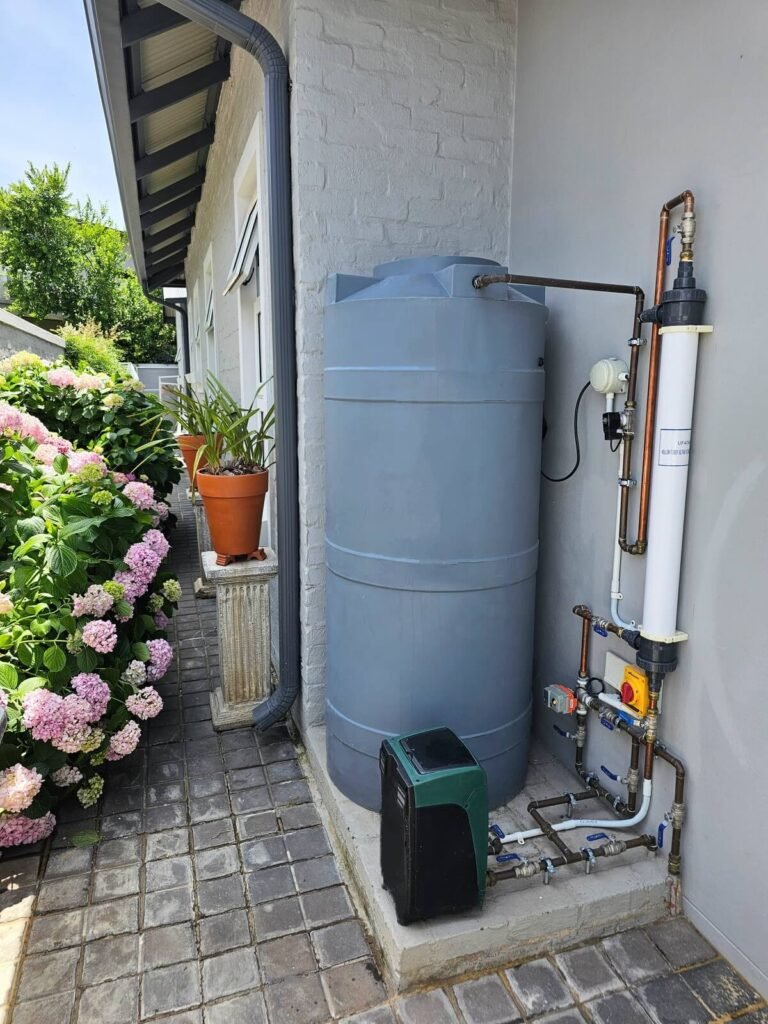
In today's world, water scarcity and natural disasters are becoming increasingly common. From droughts that dry up water sources to sudden floods that overwhelm drainage systems, having a reliable water backup system in your home is essential. This article will explore the importance of having a water backup system and how it can help you and your family during times of need.
The Need for Water Backup Systems
Water backup systems are crucial for a variety of reasons, including:
Protection During Droughts
- During times of drought, water sources can dry up, leaving households without a reliable supply of water.
- A water backup system can store water for household use, ensuring you have access to water even during water shortages.
Emergency Preparedness
- In the event of a natural disaster such as a hurricane or earthquake, water supply lines can be damaged, cutting off access to clean water.
- Having a water backup system with stored water can help you and your family stay hydrated and maintain proper hygiene during emergencies.
Peace of Mind
- Knowing that you have a backup water supply gives you peace of mind in times of uncertainty.
- It provides a sense of security and ensures that you are prepared for any unexpected water-related challenges.
Types of Water Backup Systems
There are several types of water backup systems available for homes, including:
Water Storage Tanks
- Water storage tanks can be installed to collect and store rainwater or water from other sources for future use.
- These tanks come in various sizes and can be above ground or buried underground, depending on space and aesthetic preferences.
Water Filtration Systems
- Water filtration systems can purify water from natural sources such as rivers, lakes, or wells, making it safe for drinking and household use.
- These systems typically include filters and treatment processes to remove contaminants and pathogens from the water.
Solar-Powered Pumps
- Solar-powered pumps can be used to extract water from wells or other underground sources without the need for electricity.
- These pumps are energy-efficient and environmentally friendly, making them a sustainable option for water backup systems.
Benefits of Installing a Water Backup System
Installing a water backup system in your home offers numerous benefits, including:
Self-Sufficiency
- Having a water backup system reduces your reliance on municipal water sources, making you more self-sufficient.
- You can control the quality and quantity of the water you use, ensuring that it meets your specific needs.
Cost Savings
- By collecting and storing rainwater or using alternative water sources, you can save on water bills and reduce your overall water usage.
- A water backup system can also decrease the risk of water damage to your property by preventing flooding and leaks.
Environmental Impact
- Using a water backup system promotes water conservation and reduces the strain on natural water sources.
- It helps lower your carbon footprint by decreasing the energy required for water treatment and distribution.
Conclusion
From droughts to disasters, having a water backup system in your home is a wise investment that can provide multiple benefits for you and your family. By being prepared with a reliable water supply, you can navigate water-related challenges with confidence and ensure the well-being of your household in any situation.